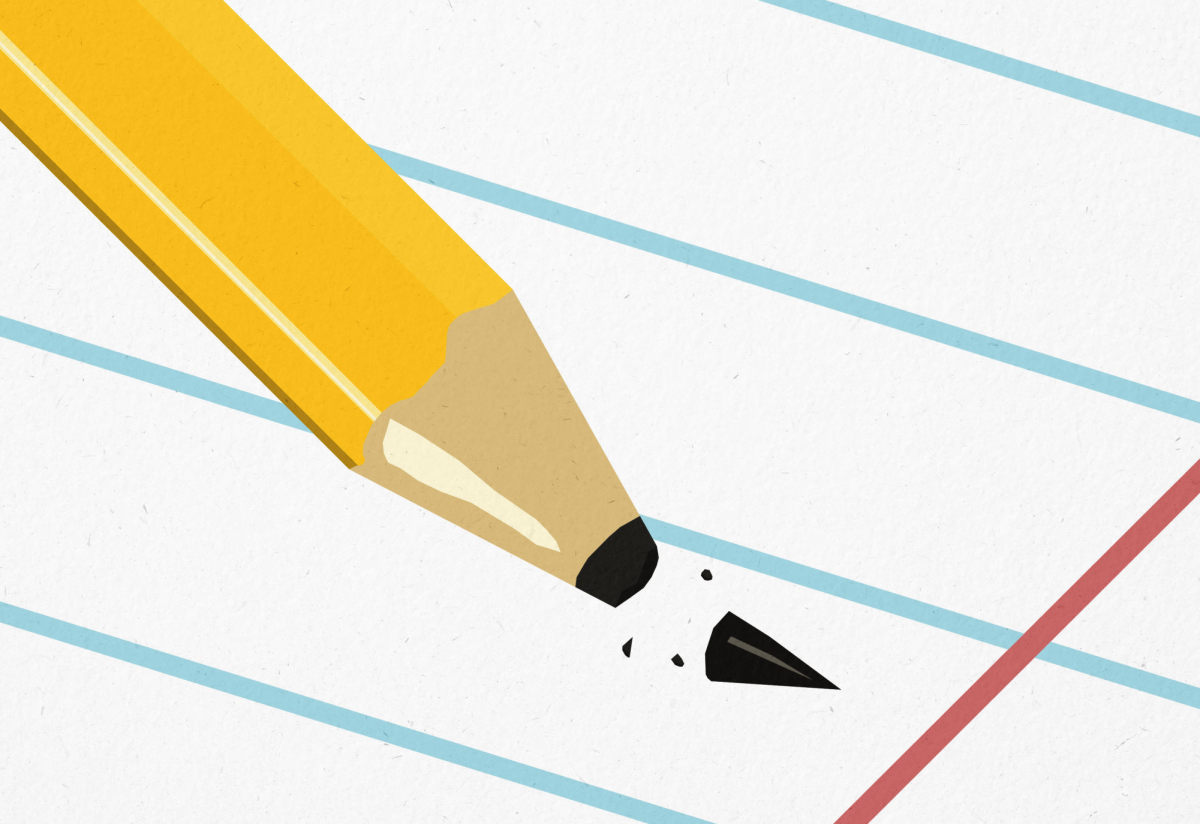As another semester of classes begins, students are met with a restriction of their freedom: professors’ policies against taking notes on laptops or tablets. These blanket edicts treat all students as the same kind of learner and assume that none benefit from taking notes on an electronic device. Such policies not only ignore the diversity of learning styles among students but also send a paternalistic message about who is best equipped to make decisions regarding their education.
These bans often rest on outdated assumptions about the relationship between technology and learning. One of the most common arguments against laptops in the classroom is that they serve as a source of distraction. Professors worry that students will stray from note-taking and instead browse social media, shop online or engage in other unrelated activities.
While this concern is valid, it overlooks the fact that college students are adults capable of managing their own behavior. The idea that laptops inherently distract students infantilizes them, implying that they cannot be trusted to focus during class. For those who truly are distracted, the consequences will be clear in their course performance, a natural outcome of personal responsibility. In other words, professors should let us make our own mistakes and learn from them, instead of telling us what is best.
A common justification for banning laptops is the claim that handwritten notes improve retention. Some studies suggest that handwriting notes forces students to process information more deeply because they cannot transcribe verbatim as they might on a laptop. While this may be true for some students, it does not justify a one-size-fits-all approach. Some students process information better through typing, which allows them to capture more content quickly and organize it effectively.
There are two large organizational advantages to digital note-taking. The first is the ability to search for keywords within one’s notes, which reduces repetitive flipping through pages looking for a specific term. The second is the ability to reorganize notes after you have typed them, unlike handwritten notes which cannot be moved around a page after being written down.
Additionally, college is meant to prepare students to think critically, solve problems and make independent decisions. By restricting students’ ability to choose how they take notes, professors send the message that students are incapable of managing their own learning. Such paternalism erodes the trust and respect necessary for a productive student-professor relationship and detracts from the nature of higher education.
Rather than imposing outright bans, professors should consider more nuanced approaches to addressing concerns about technology use in the classroom. Professors should establish classroom agreements that set expectations for respectful and productive use of technology. Many professors do hold more balanced views about this issue, and allow laptops, but too many are resistant to the advantages digital note-taking provides.
Ultimately, these blanket laptop bans do more harm than good. They ignore the diversity of student preferences, dismiss the benefits of digital tools and undermine principles of autonomy. Any professor who institutes these policies in their courses should consider that every student is not the same, and their policies should reflect that reality.



